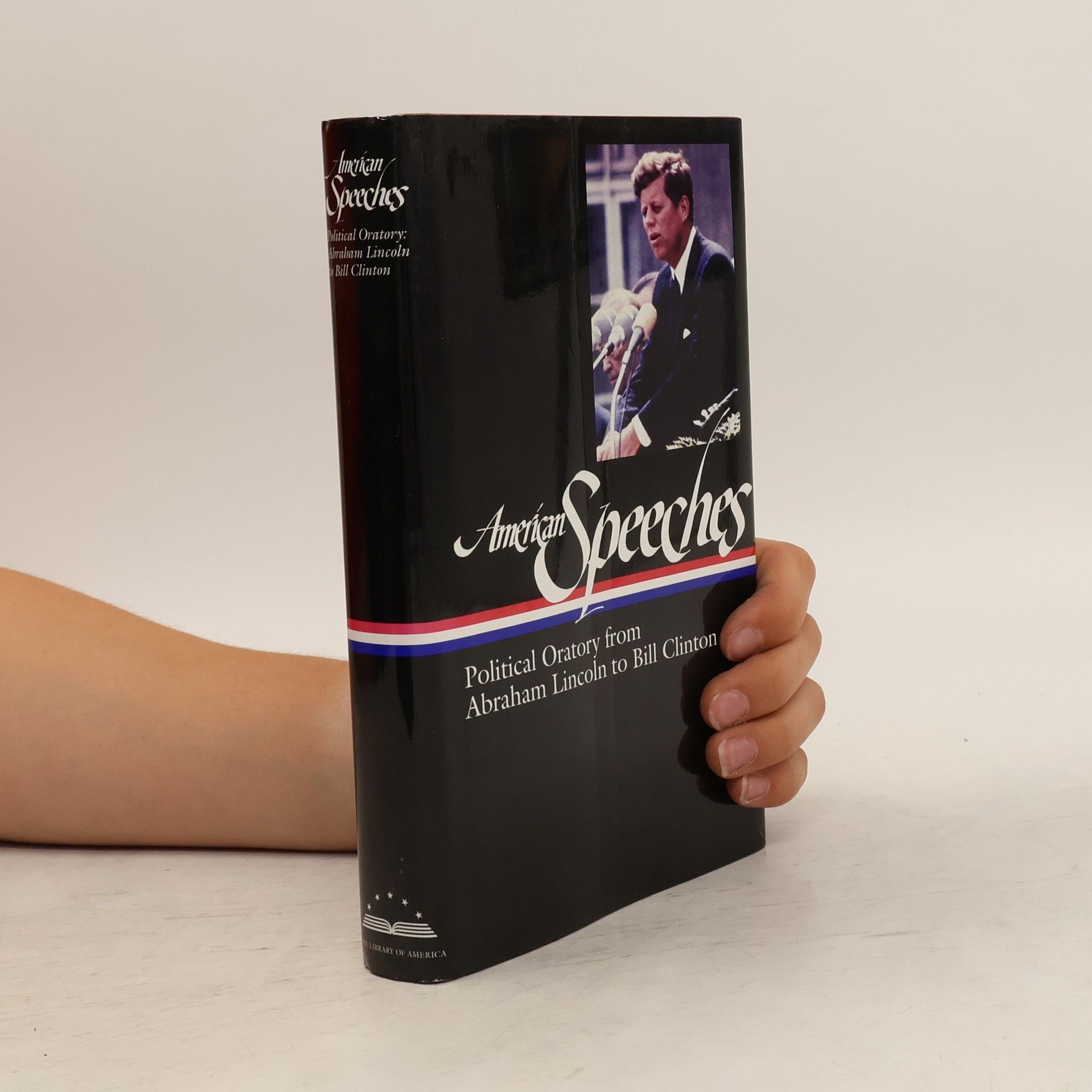Lincoln on the Verge
- 624pages
- 22 heures de lecture
Drawing on new research, Ted Widmer reveals President-Elect Abraham Lincoln as a work in progress, showing him on the verge of greatness.
Edward Widmer est un historien et écrivain dont l'œuvre plonge profondément dans l'histoire et la culture américaines. Ses expériences de son passage à la Maison Blanche, où il s'est concentré sur la rédaction de discours et les projets historiques, éclairent son exploration et sa présentation de l'expérience américaine. Sa formation académique et son rôle de bibliothécaire lui permettent d'analyser et d'interpréter de manière critique les événements historiques et leur impact sur le présent.


Drawing on new research, Ted Widmer reveals President-Elect Abraham Lincoln as a work in progress, showing him on the verge of greatness.
The history of American oratory showcases “powerful ignition points for hot flashes of indignation, contempt, rage, veneration and yearning,” as noted by William F. Buckley. This second volume of a two-part collection compiles the unabridged texts of 83 impactful speeches by 45 American figures from 1865 to 1997, starting with Abraham Lincoln’s last address on Reconstruction and concluding with Bill Clinton’s tribute to the Little Rock Nine. Over this period, American political oratory evolved, incorporating a more conversational style influenced by radio and television alongside traditional rhetoric. The collection features notable speeches on Reconstruction by Thaddeus Stevens and Robert Brown Elliott, Frederick Douglass’s tribute to Lincoln, and Oliver Wendell Holmes’s Memorial Day Address. It includes fervent speeches from Robert Ingersoll and William Jennings Bryan, contrasting views on imperialism from Theodore Roosevelt and Carl Schurz, and denunciations of lynching by Ida B. Wells and Mary Church Terrell. Advocates for women's suffrage, such as Susan B. Anthony and Carrie Chapman Catt, are also represented, alongside wartime addresses from George Patton and Dwight Eisenhower, and pivotal speeches by Malcolm X, Richard Nixon, and Martin Luther King Jr. Each volume features biographical notes and an index. LIBRARY OF AMERICA, founded in 1979, aims to preserve America’s literary heritage through authoritative editions